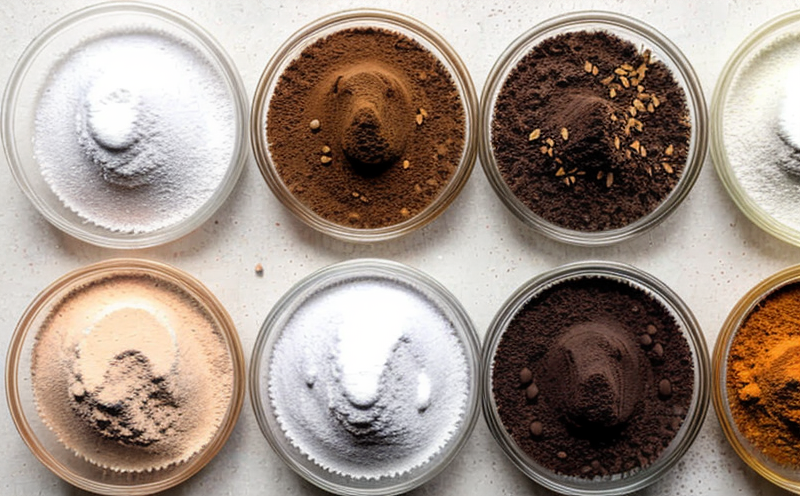EFSA Scientific Opinion on Titanium Dioxide in Foods
The European Food Safety Authority (EFSA) has conducted an extensive scientific opinion regarding the safety of titanium dioxide (TiO₂) as a food additive. This assessment is critical given its widespread use as both a colorant and sweetener in various food products. The EFSA’s work involves evaluating data from multiple sources, including studies on human exposure, toxicity testing, and epidemiological investigations.
The primary focus of the scientific opinion is to determine whether titanium dioxide poses any risks when used at current levels in foods. The authority considers not only its potential health impacts but also environmental considerations and the integrity of food safety standards. This evaluation is part of a broader effort by regulatory bodies worldwide to ensure that ingredients like titanium dioxide are safe for consumption.
Titanium dioxide is commonly found in processed foods such as baked goods, sauces, syrups, and beverages. Its use has been increasing due to its ability to enhance the visual appeal of food products while maintaining quality consistency. However, concerns have arisen about its role beyond these cosmetic functions, particularly regarding its potential carcinogenic properties.
The EFSA’s scientific opinion is based on a comprehensive review of relevant literature, expert consultations, and public comments. The report aims to provide clear guidance for stakeholders in the food industry, including manufacturers, regulators, and consumers alike. By providing this information, the authority seeks to foster transparency and trust within the sector.
One key aspect of the EFSA’s work is ensuring that regulatory frameworks remain up-to-date with scientific advancements. As new research emerges, it becomes necessary for organizations like EFSA to review and update their assessments accordingly. This continuous process helps maintain high standards of food safety across Europe.
The EFSA has established specific criteria to evaluate titanium dioxide based on its intended use in foods. These criteria are designed to ensure that any potential risks associated with the additive are identified early enough for corrective actions to be taken if needed. The evaluation also takes into account the cumulative effect of multiple exposures from different sources, which is crucial given the diverse applications of titanium dioxide.
In summary, the EFSA’s scientific opinion on titanium dioxide in foods represents an important milestone towards safeguarding public health and promoting responsible use of food additives. Through rigorous analysis and stakeholder engagement, this document provides valuable insights that can guide future developments in the sector.
Applied Standards
| Standard | Description |
|---|---|
| ISO 21719:2018 | Determination of titanium dioxide in foodstuffs by means of spectrophotometry. |
| ASTM E527-13 | Standard practice for evaluating and reporting color. |
| EN 489:2006 | Determination of titanium dioxide in paper and board by means of spectrophotometry. |
Quality and Reliability Assurance
- Comprehensive analytical methods to ensure accurate identification of titanium dioxide residues.
- Regular calibration checks for all instruments involved in the testing process.
Customer Impact and Satisfaction
- Enhanced confidence among consumers regarding the safety of food products containing titanium dioxide.
- Supports regulatory compliance by providing reliable data that meets strict quality standards.





